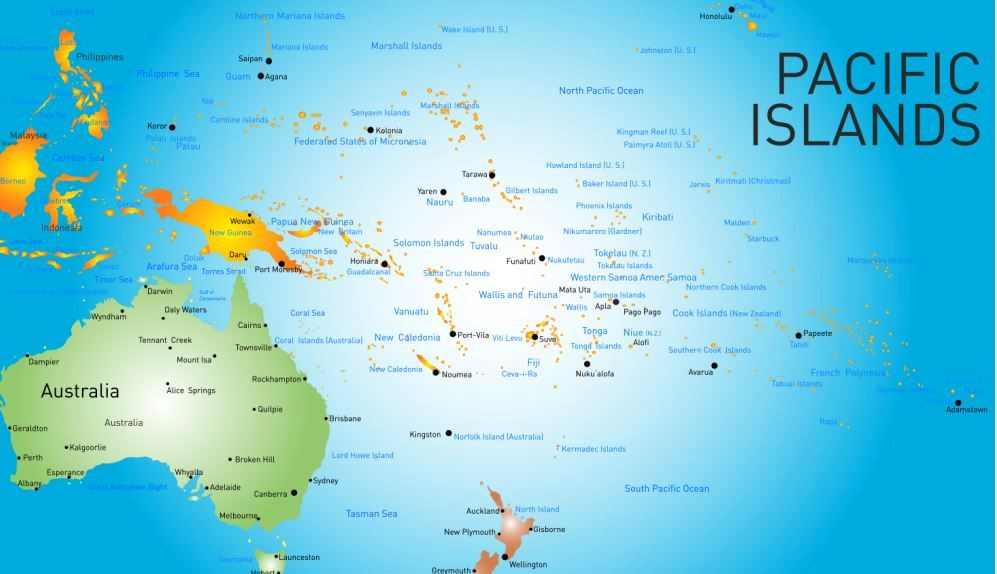The Rise of China in the Pacific Islands: Strategic Threat or Economic Opportunity?

Practical information
China's growing influence in the South Pacific is raising an increasing number of sensitive questions about the region's development and its role in regional geopolitics.

China is the third largest aid donor, second largest trading partner and an increasingly significant investor in the Pacific Islands region. As China enters a new phase in domestic and global politics, it is more assertive in its foreign policy and more interested in demonstrating its military might. Expatriate Chinese businesspeople are exercising more influence over foreign polities, including Australia and New Zealand. The values of the Chinese state are at odds with those of traditional powers in the Pacific – Australia, France, New Zealand, the United States and Japan – presenting a challenge to the continuing dominant influence of these powers. Does China present a strategic threat to the Pacific Islands and the future influence of Australia and France? Can China’s aid, trade and investment provide the economic development so badly needed in the Pacific Islands?
Jenny Hayward-Jones, Non-Resident Fellow, Lowy Institute for International Policy
Discussant: Christian Lechervy, Ambassadeur Secrétaire permanent pour le Pacifique
Chair: Françoise Nicolas, Director, Center for Asian Studies, Ifri
Other events

EV Supply Chains for Japan and Europe: Strengthening Economic Security
Economic security aims to ensure the resilience of supply chains for key industries: the case of electric vehicle production in Japan and Europe will be discussed.

From Ambition to Action: Exploring Technological Partnerships with India
The 16th EU-India Summit, held on January 27th in New Delhi with European leaders António Costa, Ursula von der Leyen, and Prime Minister Narendra Modi, marks a significant milestone in deepening EU-India relations. At the same time, official bilateral visits from EU member states are on the rise, including that of the French President, who visited India in February to participate in the Artificial Intelligence Summit. As India asserts its technological ambitions and seeks to reduce its dependence on China, Europe is stepping up its efforts to diversify its strategic partnerships.






